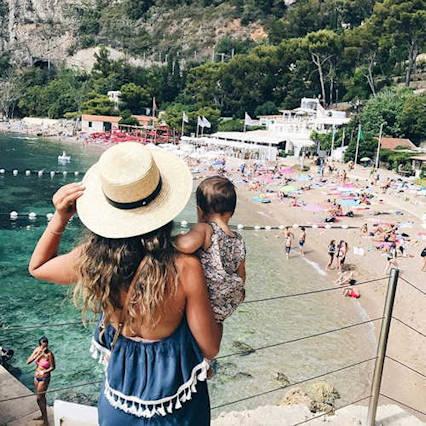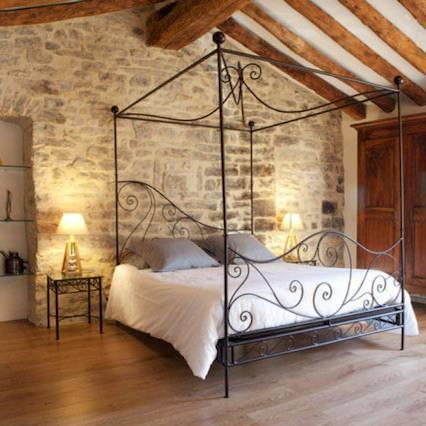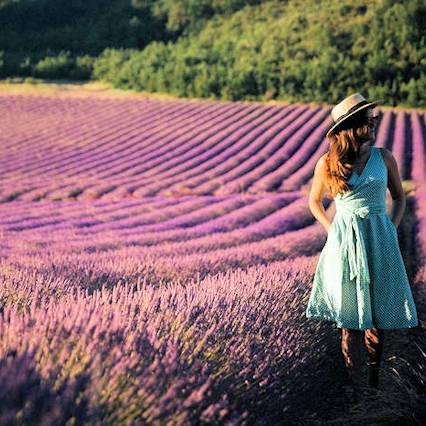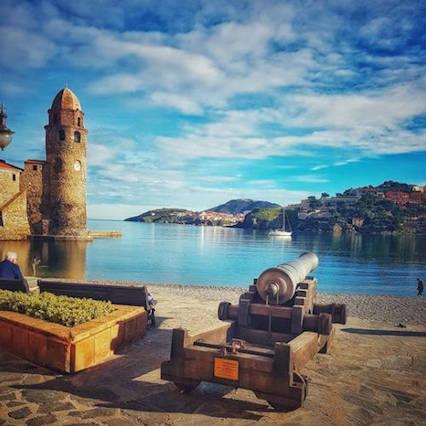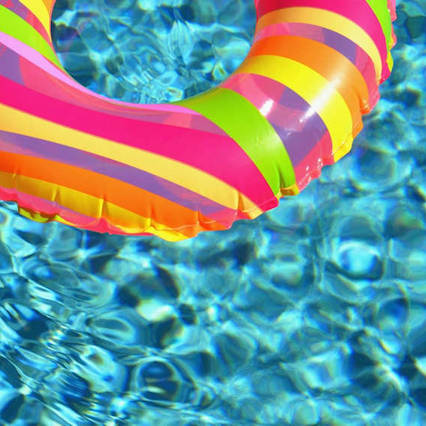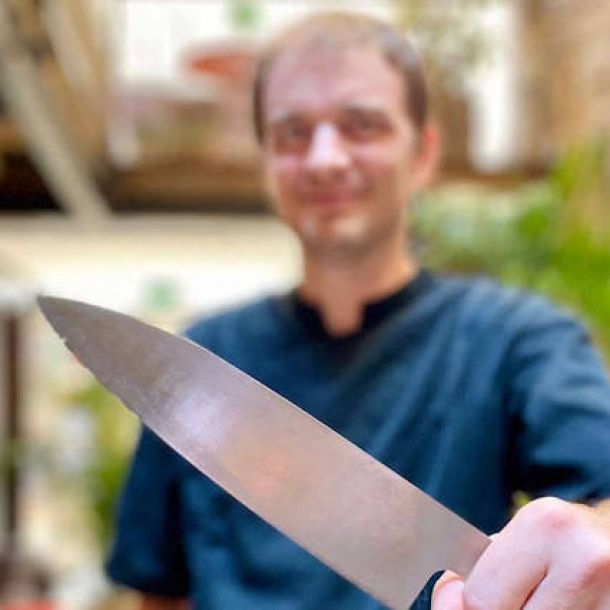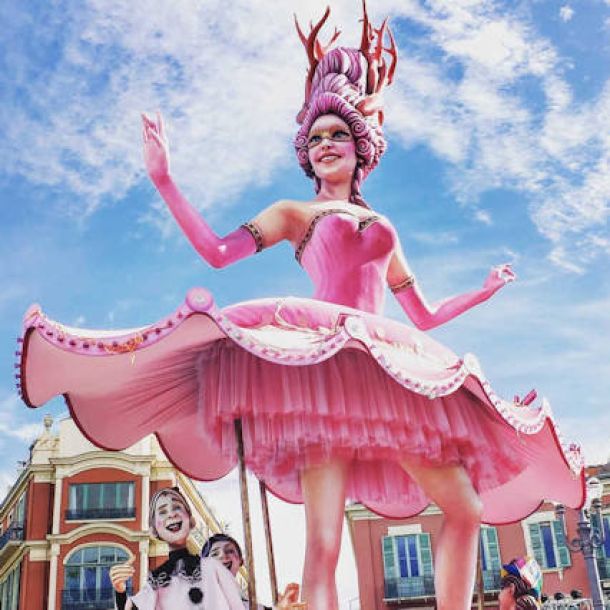- Last updated on .
- Hits: 6211
Pastis the drink of the South of France
Pastis is the drink of the South of France. This aniseed spirt which turns yellow when you add ice and water, is as revered in Southern France, as Whisky is in Scotland. Walk into any bar in the South of France and the chances are that you will see two old boys up at the bar drinking a Pastis. If you happen to be invited to an 'apero' by French friends, then the chances are that Pastis will be the aperitif of choice, especially if they hail from the South.
Two of my boys now live in London. Whenever they are missing the sunshine and blue skies of the South of France and they feel themselves getting depressed by the rain and the stress of London; they order themselves a bottle of Pastis from Uber Food. They say that the first sip of Pastis transports them back to the South of France. The glass is like liquid sunshine. It brings them the warmth and the relaxation that they miss.
Pastis is like an olive. You either like it or you don't. The chances are the more Pastis you drink the more you will like it. But be warned, drink more than 3 Pastis in a row and the next day you will vow never to drink it again. One things is certain however, you must at least try Pastis once in your life.
The quickest way to get accepted in France, especially in the South, is to order a Pastis. Even better, if you have a bottle of Pastis in your drinks cabinet and you offer a French guest one, then that is going to get you extra Brownie points for sure.
A Short History of the Pastis drink

The Pastis drink was developed in Marseille as a substitute for Absinthe, the potent bright green drink that was alleged to cause insanity and which was banned by the French government in 1915 because it was leading to the "corruption of society". Absinthe was however a popular drink and many people began experimenting with combinations of herbs and alcohol in order to duplicate the taste. One of these backyard distillers was Paul Ricard.
Ricard was born into a wealthy family of wine merchants in Marseille. In his twenties, Ricard was introduced to the aniseed alcoholic beverage of pastis by an old shepherd, who had a make-shift distillery in a cave. Ricard began experimenting with the recipe to create a more refined version. He would take his experiments around to various bars, asking people to try them and thereby perfecting his formula. The ban on the sale of Pastis and Absinthe was lifted in 1932 and Paul Ricard began the commercial production of his eponymous brand in the same year, marketing it as: 'le vrai pastis de Marseille'.
The French like Paul Ricard for a number of reasons. Firstly, he gifted his employees shares in the company. When the company was later listed on the French stock exchange, the employees were made relatively wealthy. Secondly, during the Second World War and under the Vichy Government, Pastis and Absinthe were once again banned, but this time because they were seen as "un-French and contrary to the values of the State". Ricard, exiled himself into the Camargue region of Southern France. He began experimenting with using fruit, such as plums and cherries in the distillation process to form alcohol. He was able to create a refined alcohol that could be used as a substitute for petrol, which he gave to the French Resistance. Finally, Ricard was heavily involved in sports and was one of the earliest sponsors of the Tour de France and he also built a motor racing circuit in Provence (Circuit Paul Ricard), which went on to host 14 French Grand Prix meetings.
Ricard's company later merged with a rival company, Pernod, in 1975 to form Ricard Pernod. The company remains the 8th biggest spirits company in the World with over 18,000 employees. Pastis is sold in over 140 countries.
Ordering a Pastis drink in the South of France
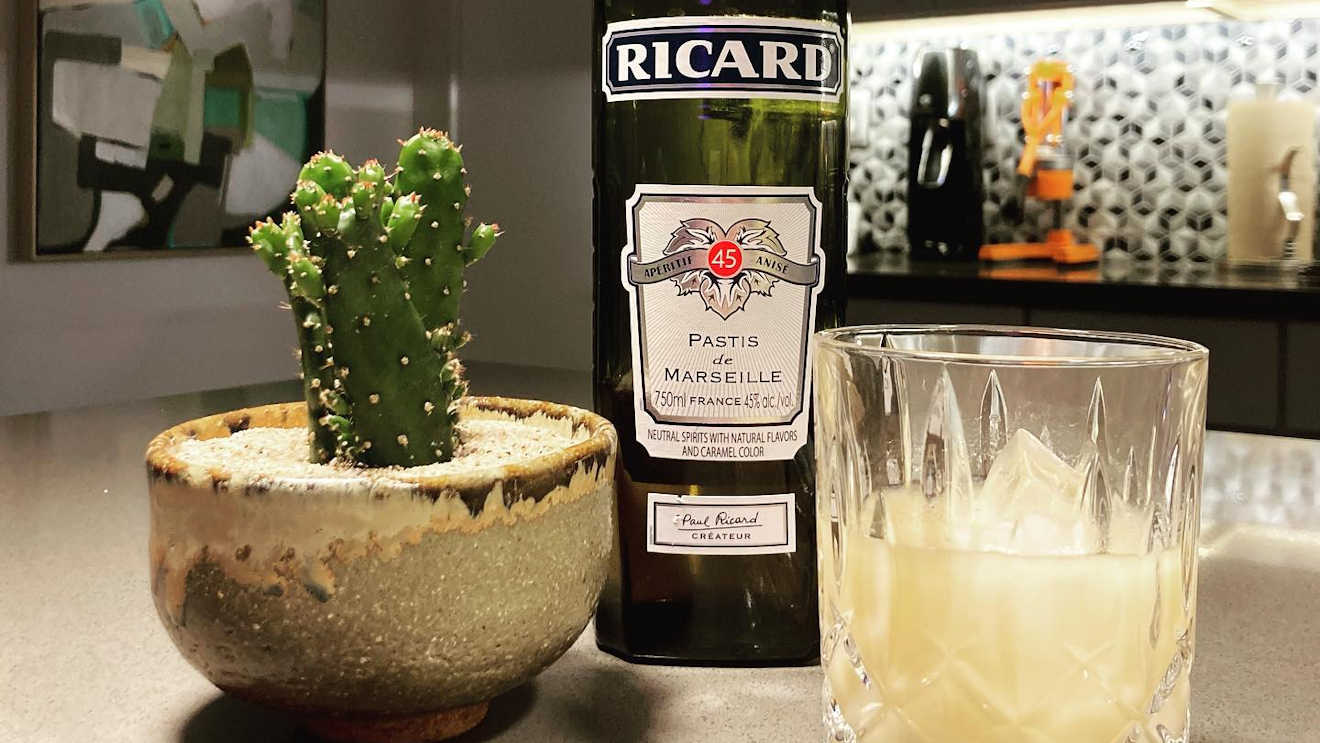
The first thing to know is that you do not ask for a Pastis. Apart from your Rough Guide to France Guidebook, hire car and linen suit; nothing will make you stand out more as a tourist than requesting a 'Pastis'. Instead, what you need to ask for is a 'Ricard' or a 'cinquante et un'. Once this happens, you will get a small, but approving nod from the barman. Ricard and 51 are the two main brands of Pastis in France, both produced in Marseille.
The next thing to pay attention to is the water. Yes the water. You see Pastis in the bottle is actually a brown Whisky coloured liquor. It is only when you add water that it turns yellow. But, and it is a big but, how much water should you add? You see this is where the similarities with Whisky emerge again. As you may be aware, in Scotland it is still a hanging offence to add ice to your 'wee dram'. Instead, you're permitted to add a little water. The question is of course the amount. The less you add the more kudos your will earn. Drown it in water and you will have at best 5 minutes to leave the bar. As a guide, I always add the same volume of water as the volume of Pastis.
Finally, there is the actual drinking. A word of warning, when you first drink Pastis it will catch the back of your throat like a Mace spray. To ensure any remaining credence, try and strangle any urge you have to cough. You will then get the unmistakeable taste of aniseed. Again, you will have a strange urge to say "ooh no". Instead, what is required is a turn of the head to the side and an approving nod. Then, you must sit their in the sun and nurse you're Pastis drink like liquid gold.
Different types of Pastis drink?

For connoisseurs, there are many types of pastis, usually classified according to their recipes. These brands include Ricard and Pastis 51, also Casanas and Pastis Bleu. There are also some new artisan producers of Pastis cropping up, such as Henri Bardouin from Provence and Pastis Artisanal from up in Le Harve. In some brands, more than 72 different herbs and spices are used in the recipe. Although the French will have you believe that they all have a different taste, the truth is, that like Whisky, they all taste the same after a few glasses.

